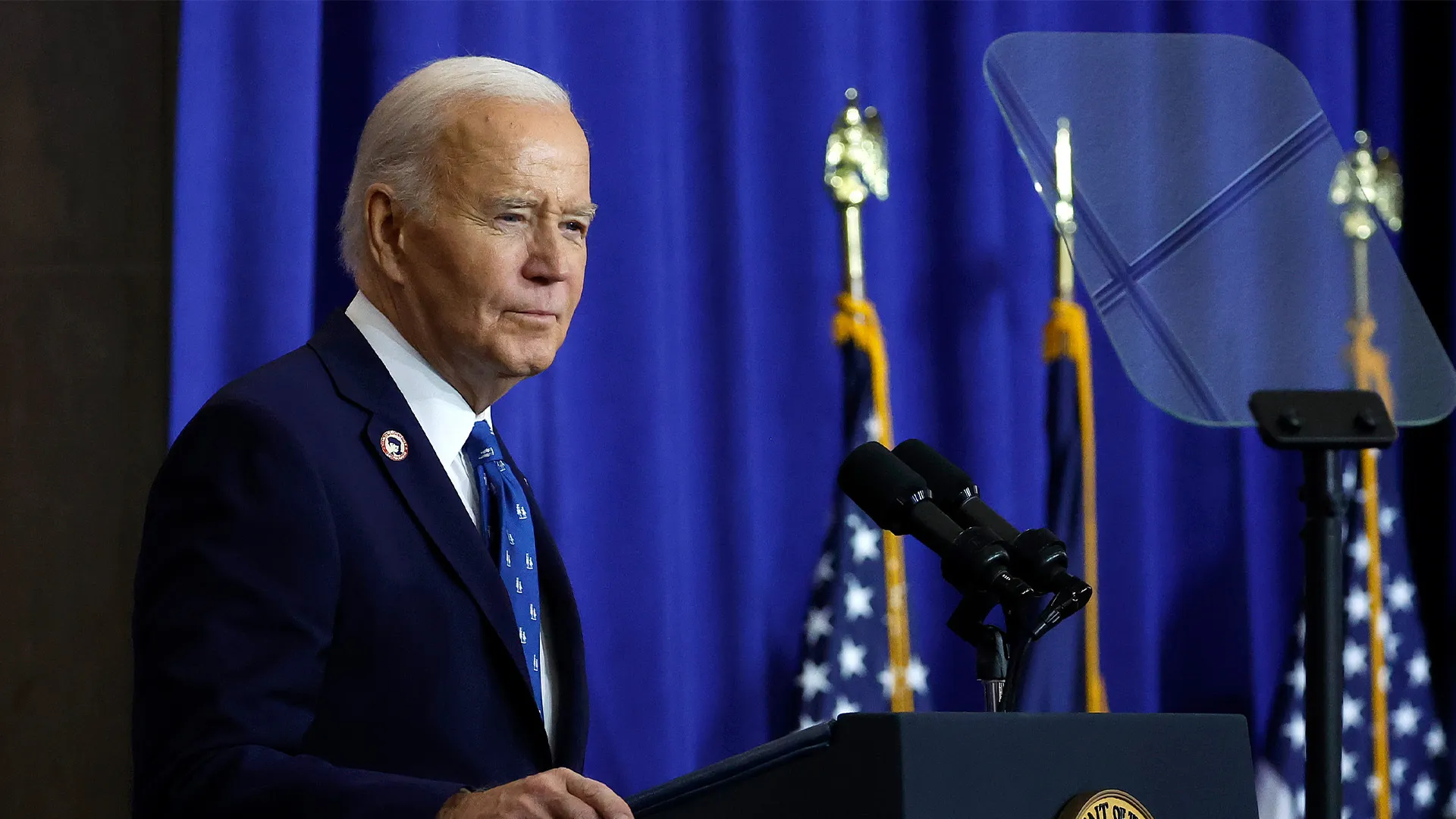President Joe Biden made a big decision to reduce the number of people on federal death row. While his move to commute the sentences of 37 men is a step in the right direction, many believe he should have gone further. Some states, including North Carolina and South Carolina, should follow his lead by ending the death penalty altogether. This opinion stands even though some victims’ families want the state to carry out executions for the killers of their loved ones.
Biden’s decision came after he commuted the sentences of 1,500 people and pardoned 39 others who were convicted for non-violent crimes. This move was seen by some as a moral choice, though not everyone agrees.
One person affected by this decision is Brandon Council, who was sentenced to death in 2017 for the murders of Donna Major and Katie Skeen at a bank in South Carolina. Daniel Major, Donna’s husband, expressed his disappointment, saying the president misused his power. Derek A. Shoemake, a prosecutor who helped convict Council, also criticized Biden’s decision, pointing out that the president chose which death row inmates would be commuted, leaving others behind. This selective approach, he argues, is hard for victims’ families to accept.
Despite Biden’s position against the death penalty, he decided to leave three men on federal death row. These men are Robert Bowers, who killed 11 people at the Tree of Life Synagogue in Pennsylvania; Dzhokhar Tsarnaev, the Boston Marathon bomber; and Dylann Roof, who murdered nine people at the Mother Emanuel Church in Charleston, South Carolina.
By leaving these men on death row, Biden has set a precedent: certain crimes, such as acts of terrorism or mass hate crimes, could still lead to the death penalty, even if the president does not fully support it. This raises concerns about fairness. For instance, victims of crimes like those committed by Richard Allen Jackson, who killed Karen Styles in North Carolina, might not be considered for the death penalty, as their crimes are seen as less high-profile.
This selective justice highlights the problem with allowing the state to decide who should live or die. There is a history of racial inequality tied to the death penalty that makes the system even more unjust. South Carolina, led by Republican Governor Henry McMaster, recently paused executions, and many argue this pause should become permanent. They also urge the governor to permanently stop executions altogether, calling it a barbaric practice.
In North Carolina, Governor Roy Cooper is being encouraged by groups like the North Carolina Coalition for Alternatives to the Death Penalty to empty the state’s death row. North Carolina’s death row is the fifth-largest in the United States, and many believe it’s time to end the practice there as well.
Commuting death sentences to life in prison without the possibility of parole is not a way of letting criminals escape punishment. Instead, it ensures that the state doesn’t become a murderer in its quest for justice. Life in prison is still a significant penalty.
Many victims’ families seek the death penalty as a way to feel justice has been served, but this belief is misleading. The death penalty is a relic from a brutal past that society should leave behind. Having lost loved ones to violent crime myself, I understand the pain. A friend of mine lost a sister to Dylann Roof’s attack. The pain of loss is deep, but Biden’s decision to leave Roof on death row was a mistake. He should have commuted Roof’s sentence as well.








